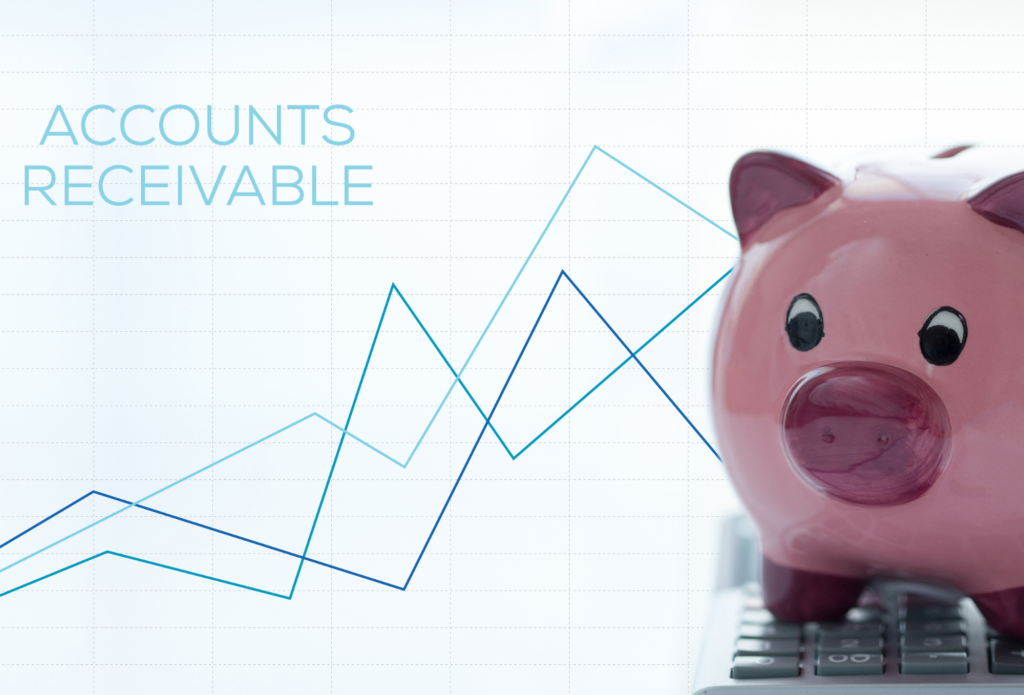
In the past decade, the number of businesses in the US has increased by an impressive 78.9 percent. In 2020 alone, an estimated 4.41 million business applications were submitted.
But running a small business is far from an easy affair. Cashflow problems are a huge challenge, accounting for 82 percent of all business failures.
One way to tackle cash flow problems in business is through invoice factoring. Remember, cash flow isn’t just about the funds coming in and out of your business, but also timing. If your business uses an invoicing system and customers don’t pay the invoices on time, you’ll most likely encounter cash flow problems.
In this guide, we tell you how and why invoice factoring is a viable solution to your cash flow issues.
What Is Invoice Factoring?
Invoice factoring refers to a kind of invoice finance where a business sells some of all of its outstanding invoices to a third party. The factoring company then pays most of the invoiced amount immediately and collects payment directly from the company’s customers.
The primary purpose of factoring invoices is to improve your cash flow and stabilize your revenue. Note that the factoring company deducts a small discount from the invoice amount as their profit.
How Does Invoice Factoring Work?
Perhaps the best way of explaining invoice factoring is by looking at how the process works. First, the business provides products to customers in the usual manner. You then invoice the customers for the products provided.
After you’ve invoiced your customers, you then approach a company that offers the invoice factoring product you’re interested in. The factoring company buys the invoices and gives you the larger portion of the invoiced amount right away. Most invoice factoring companies will pay you anywhere from 80 to 90 percent of the invoices’ total value once they’ve verified the validity of the invoices.
Once you’ve sold your invoices, your customers will pay the factoring agency directly. If necessary, the factoring company will follow up with customers to ensure that they receive the payments due.
After the invoices have been paid in full, the invoice company then deducts their fee and pays you the remaining invoice amount.
When Should You Use Invoice Factoring?
Invoice factoring can benefit just about any business that needs help with its cash flow. In particular, businesses with lots of invoices outstanding can benefit greatly from invoice factoring.
For instance, perhaps you sell products on 30-day payment terms. That means that most of your customers pay within 30 days. However, that 30-day chunk of revenue may account for most of your potential cash flow, except you can’t use it.
Invoice factoring can help put a large part of that cash into your business immediately. This way, you have the funds you need to keep things running in your business.
The funds you get from invoice factoring can be used for just about anything for which cash flow might be a constraint. You can use the money to pay for short-term expenses, repay a loan, or take advantage of a sudden business opportunity.
Invoice factoring can also be used when you land a big contract and need to hire employees, buy equipment and increase working capital to fill the contract request.
What Are the Advantages of Invoice Factoring?
As a way to get business financing, invoice factoring has many benefits. Here are just some of them:
You Enjoy Better and More Predictable Cash Flow
Maintaining a stable cash flow is your biggest chance of guiding your business to success. Invoice factoring gives you immediate access to the bulk of your invoices. With such predictable cash flow, it becomes easier to plan and forecast more accurately.
The Probability of Financial Approval Is Much Higher
Unlike SBA loans and some other business financing options, invoice factoring involves fewer hassles when it comes to approval. The factoring company doesn’t need to scrutinize your credit score or financing history to give you the funds you need. Their main interest is in the payment history of the customers who have to pay the invoices.
No Collateral Is Required
Many business financing options require the company to have collateral such as buildings, vehicles, or equipment before getting approved for financing. This is a massive hassle for a startup business, which may have no collateral.
Invoice factoring solves this problem as the factoring company doesn’t need the kind of collateral that traditional financing does. As long as the invoices are valid and the customer has a stellar payment history, you’ll get the financing you need.
You Get to Enhance Customer Relationships
Chasing customers for payment can be an unpleasant affair for both you and your customers. If there’s a way to avoid the experience, why not take advantage of it? Invoice factoring helps take the burden off your hands as you now have a professional managing the collection of your accounts receivable.
Moreover, collecting debts can be a time-consuming affair. Letting the invoice factoring company frees you to focus on other essential aspects of your business, one of which is focusing on meeting your customers’ needs. And since your invoices are getting paid, you never have a reason to deny your clients the products they need, even when they’re not paying for the products upfront.
Factoring Can Help Sort Your Cash Flow Issues
Small businesses are no strangers to cash flow gaps that arise from slow customer payments. One of the best solutions to these issues is invoice factoring. This approach ensures much sooner payments for products and services delivered.
Are you interested in creative business financing solutions to help your brand grow? Schedule a free consultation with us today and learn how we can help.



